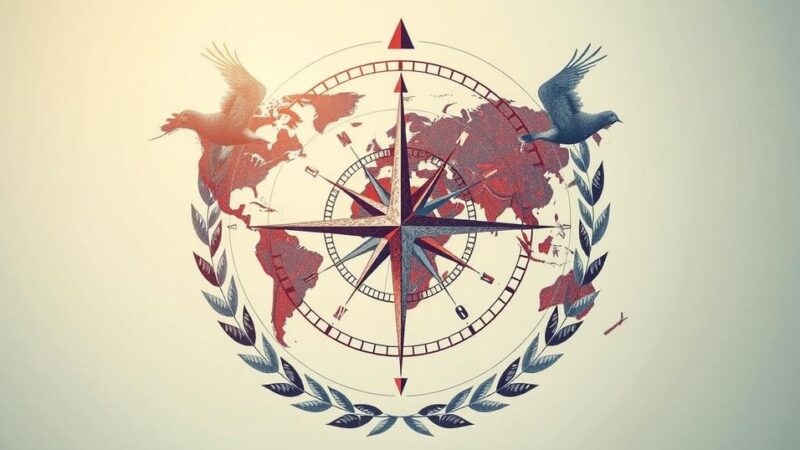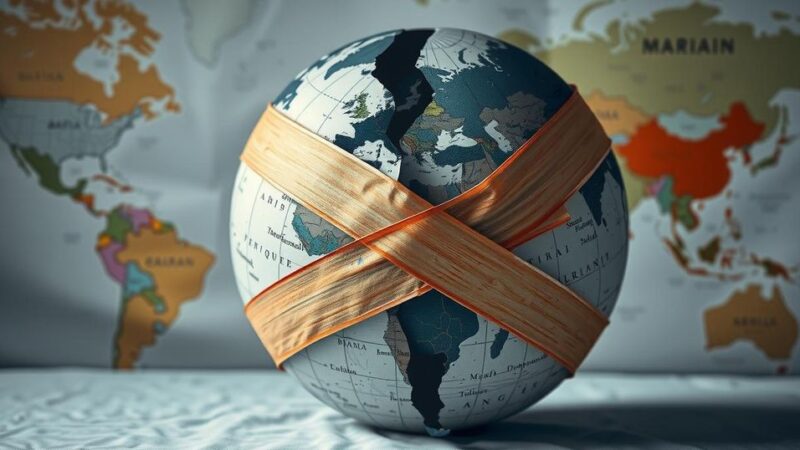East Timor is on the verge of joining ASEAN, a move that carries significant moral and economic implications. Its unique history of overcoming oppression positions it to advocate for accountability in Myanmar’s ongoing crisis. By utilizing its membership to refer Myanmar to the ICC, East Timor can push ASEAN to adopt a firmer stance on human rights, embracing its role as a humanitarian leader in Southeast Asia.
East Timor is poised to join the Association of Southeast Asian Nations (ASEAN) this year, a significant milestone reflecting over a decade of effort. This membership not only has economic implications but also provides East Timor with a platform to promote human rights and democratic values within ASEAN. Unlike many ASEAN members, East Timor can advocate for accountability and act as a moral compass regarding human rights issues, particularly concerning Myanmar’s military government.
Historically, ASEAN’s response to Myanmar following the military coup in 2021, encapsulated in the Five Point Consensus, has proven ineffective amidst ongoing violence and violations by the junta. This diplomatic deadlock has marginalized Myanmar’s pro-democracy movement, now comprised of millions fighting against a repressive regime. East Timor’s experience of overcoming oppression could serve as a vital support mechanism for Myanmar’s aspirations for democracy.
Having endured decades of military rule and a struggle for independence, East Timor understands the importance of international support in the fight for self-determination. The National Unity Government (NUG) of Myanmar has requested the International Criminal Court (ICC) to investigate crimes committed since 2002. However, the ICC’s inaction highlights the need for member states like East Timor to intervene directly by referring the situation.
As one of two ASEAN members in the ICC, East Timor is uniquely positioned to refer Myanmar’s situation to the court. This action could immensely alter ASEAN’s approach toward Myanmar, prioritizing accountability and justice in future dialogues. It would also draw global attention to alleged atrocities committed by the junta, especially against the Rohingya population.
Critics may doubt East Timor’s ability to influence Myanmar’s crisis, but the impact of smaller nations on international affairs can be significant when guided by moral clarity. Historical examples, such as The Gambia’s leading role in advocating for the Rohingya, illustrate this potential. As larger nations adopt isolationist approaches, East Timor’s leadership could highlight a profound example of international solidarity.
By referring Myanmar to the ICC, East Timor can reciprocate the global support received during its own independence movement. The international advocacy that bolstered East Timor’s struggle can now be directed toward assisting Myanmar, prompting stronger actions against its military rule. Thus, East Timor’s ASEAN membership could herald transformative leadership with the potential to effectuate change throughout the region.
In conclusion, East Timor’s accession to ASEAN represents not merely a ceremonial milestone but an opportunity for proactive leadership. It can leverage its experience and position to compel ASEAN to adopt a firmer stance on human rights and democracy, fostering a more just regional community that does not ignore the suffering of its members.
East Timor’s impending membership in ASEAN offers a historic opportunity to leverage its experiences for justice and accountability in Myanmar. By referring Myanmar’s situation to the ICC, East Timor can promote a stronger ASEAN stance on human rights. This proactive approach not only benefits Myanmar’s pro-democracy movement but also reinforces East Timor’s role as a moral leader in the region’s pursuit of justice and democracy.
Original Source: www.aljazeera.com






